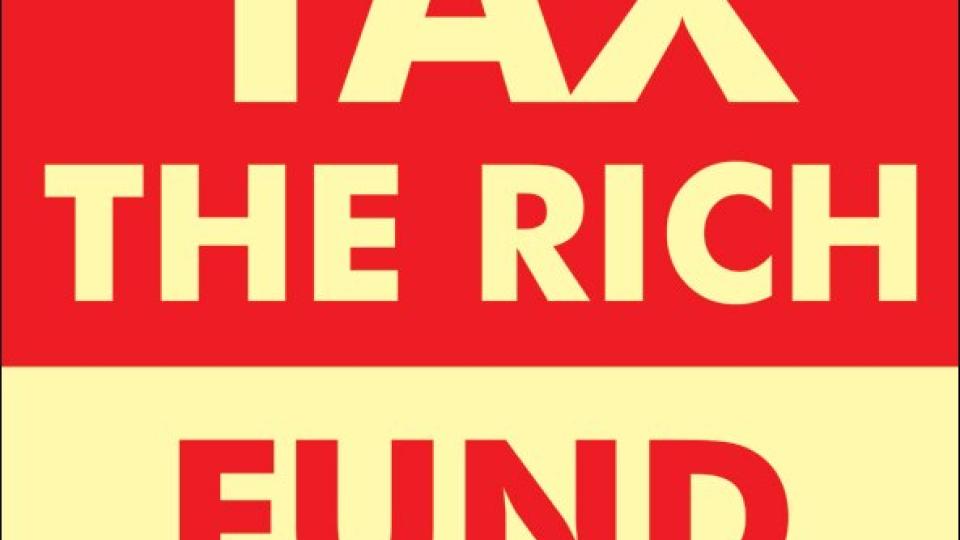Public education needs full funding

The Gonski review into school funding showed the need for an immediate injection of funds into public schools.
The independent Gonski review into school funding reaffirms what many teachers and parents already knew. Current school funding arrangements are dysfunctional and inequitable. The failure to reform the way we resource our public schools has come at a big social and economic cost.
Gonski’s recommendations are far from perfect — it recommends continued public funding of elite private schools.
But they do highlight the need for an immediate injection of funds into public schools.
Decades of underfunding
For decades, public schools have been denied the resources they require to ensure high-quality education for every child. The Gonski review has provided an opportunity to redress some of these inequities and better meet the needs of the most disadvantaged students in our communities.
There is also an urgent need for an extra investment in special education and in public school buildings and facilities.
At present, Australian governments spend only 3% of gross domestic product on public schools. The OECD average is 3.5%.
Labor cheats on spending
The Gonski review recommended that total funding should be lifted by about $6.5 billion a year. However federal Labor’s original offer of $14.5 billion over six years was way below this. It was further reduced in the recent federal budget to $9.8 billion.
Education minister Peter Garrett has guaranteed that no private school will be a dollar worse off under the new funding scheme. In fact exclusive private schools will get even more funding — up to $1 billion — from taxpayers, at the expense of public schools.
Robbing the tertiary sector
The Gillard government plans to cut $2.3 billion of university funding to help pay for the Gonski school reforms. From January next year, universities will be hit by a 2% “efficiency dividend”, saving the government $900 million.
This will result in cuts to courses, jobs and working and learning conditions and will see universities around the country slash $900 million from their budgets.
Another $1.2 billion will be fleeced from students seeking higher education through the transformation of the start-up scholarship of $2,000 into a loan. An extra $230 million will be extracted by abolishing the discount on early payment of fees.
The government is slashing funding to tertiary education and transforming universities into corporatised institutions, which will tailor courses to the needs of business and intensify the push for the removal of any limits on fees.
Currently, the average HELP student debt has risen to $15,200. This can take graduates more than eight years to repay. The discriminatory up-front fees international students must pay have already reached financially ruinous levels.
The Socialist Alliance welcomes the increase in federal funding for schools. However, the increase being proposed by the federal government is not adequate to fully fund public education.
Socialist Alliance calls for:
- No federal or state funding to private schools, private universities or private vocational education providers;
- Federal and state governments to reverse the funding cuts to universities and TAFEs, and to increase funds to public universities;
- Education to be funded out of progressive income tax and corporate taxes;
- All levels of public education must be adequately funded.